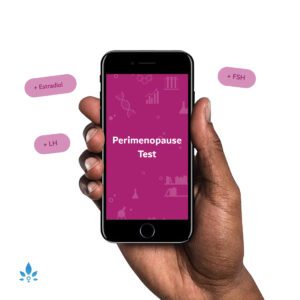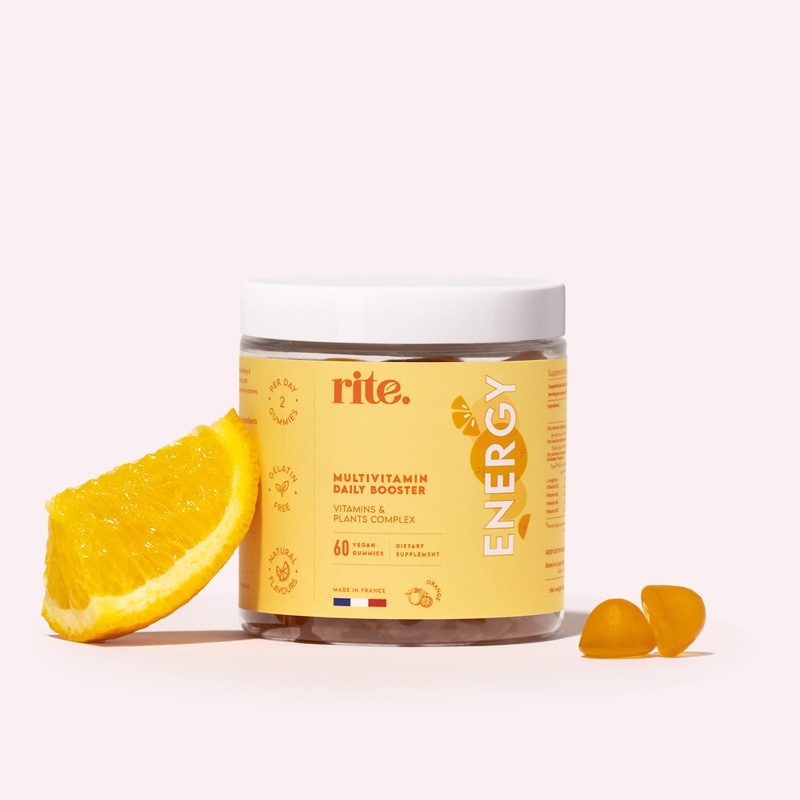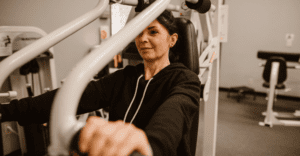The Ultimate Mini-Guide To Menopause


First published by The Mutton Club
Where does the word “menopause” come from?
The word “menopause” was first used in 1879. It is a combination of two Greek words – mens meaning “monthly”, and pausis meaning “cessation”.
Stages of menopause
There are three stages of menopause:
- Perimenopause – the 4 to 10 years before periods stop;
- Menopause – defined as occurring 12 months after your last period, occurring on average at the age of 51;
- Post menopause – the years that follow menopause.
Types of menopause
There are three types of menopause:
- Natural – happens between the ages of 40 and 58;
- Premature – happens before 40, usually due to an autoimmune disorder or genetics;
- Artificial or induced – affects one in four women and is caused by both ovaries being surgically removed, or after chemotherapy or radiation.
What happens during menopause?
Starting in perimenopause, hormone levels fluctuate. They don’t tend to drop steadily; they can suddenly spike or dip, often triggering menopause symptoms.
Symptoms of menopause
Symptoms can include:
- Hot flushes (flashes)
- Sweating
- Irregular periods
- Trouble sleeping
- Headaches
- Aching joints, muscles and feet
- Breast tenderness
- Weight gain
- Urinary incontinence
- Changes in skin and hair
- Irritability and forgetfulness
- Anxiety and feelings of insecurity
- Diminished sex drive
- Vaginal dryness
Getting help
You can try HRT (Hormone Replacement Therapy). It is standard, bio-identical and body-identical. Consult your doctor especially if symptoms are bad, but try other remedies first.
Alleviate symptoms naturally. Hot flushes may be helped by cutting down on chocolate, lemon, alcohol, caffeine, dried fruit, cheddar cheese, and food that contains sodium nitrate like processed meat.
Consider Nabta’s Perimenopause Test and get yourself the Perimenopause Luxury Selfcare Pack.
Other things to try
Consume chickpeas, linseed (flaxseed) and soy, which contain phytoestrogens, a compound similar to estrogen we begin to lose during perimenopause.
Eat less sugary or processed foods, lots of fruit and vegetables, and take regular exercise such as walking and yoga.
Pelvic floor exercises strengthen the pelvic area and reduce the risk of urinary incontinence.
Make sure your diet contains plenty of:
- Brain food: salmon, mackerel, sardines, fresh tuna, herring, trout, anchovies;
- Happy hormones: aduki beans, pinto beans, flageolet beans, kidney beans, black beans, lentils, green peas;
- Super foods and herbs: bee pollen, goji berries, spirulina, maca, black cohosh, sage, red clover;
- Energising food: sea buckthorn oil, organic coconut oil, ginseng, passionflower.
About The Mutton Club
The Mutton Club challenges stereotypes and changes perceptions. Think of midlife and menopause as a time of re-evaluation and regeneration as you embark on the exciting second half of your lives.
Find out more on Facebook (search “The Mutton Club”), Twitter (@TheMuttonClub) and Instagram (@TheMuttonClub), or visit the website – www.themuttonclub.com.













































